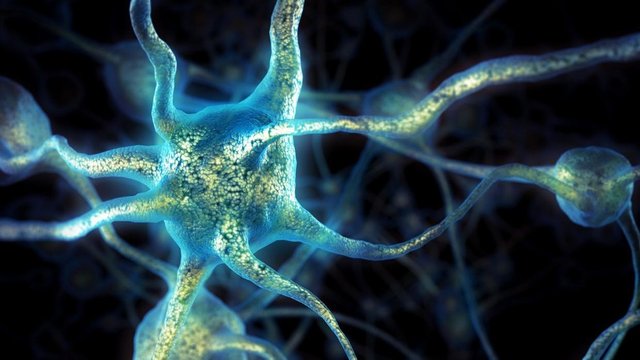Researchers have made a new breakthrough using reengineered proteins to “unlock” abilities within the human body, which could stop cancer growth and may even regenerate damaged neurons.
Stanford University bioengineer Jennifer Cochran has spent years studying and reengineering protein messengers known as ligands.
Ligands regulate biological processes in our lungs, bones, blood vessels and other major organs and are therefore critical to the fight against most of the ailments that plague humanity. Building on research completed in 2019, Cochran and her colleagues successfully engineered one ligand to produce two very different but equally dramatic results: one caused neuronal cells to regenerate while minor changes to the same protein inhibited lung tumor growth.
While the research has only yet been performed on rat and human cells in laboratory conditions, the team hopes it could revolutionize our ability to tackle a range of illnesses.

Illustration: © Global look Press / Oleksiy Maksymenko / imageBROKER.com
“These proteins can hopefully one day be used to treat neurodegenerative disease, as well as cancers and other disorders such as osteoporosis and atherosclerosis,” Cochran said.
Ligands and receptors work in symphony to deliver messages to cells, and by carefully engineering the shapes of ligands, scientists can quite literally “unlock” potent therapeutic effects within our own bodies.
Using sophisticated molecular engineering techniques, researchers can craft millions of biological ‘keys’ by rearranging the amino acids which make up a given ligand and then test each one individually to discover how to unlock certain receptors and achieve incredible outcomes, like creating tougher cells or by limiting or stopping cell growth altogether.
Cochran and colleagues previously showed how an engineered version of a receptor protein helped stop lung tumor growth in rodents. The latest experiments built upon that research when another research team, led by graduate student Jun Kim, engineered a ligand with one set of amino acid alterations and added it to a tissue culture of injured neuronal cells.
The engineered protein delivered messages to promote the growth of axons, the fibers that send signals along our nerves, thus encouraging the damaged neurons to regenerate themselves.
What’s more, some of Cochran’s previous work engineering proteins are already undergoing human trials in ovarian and kidney cancer patients, showing great promise and potentially ‘unlocking’ yet another powerful method of treatment.
MORE ON RT